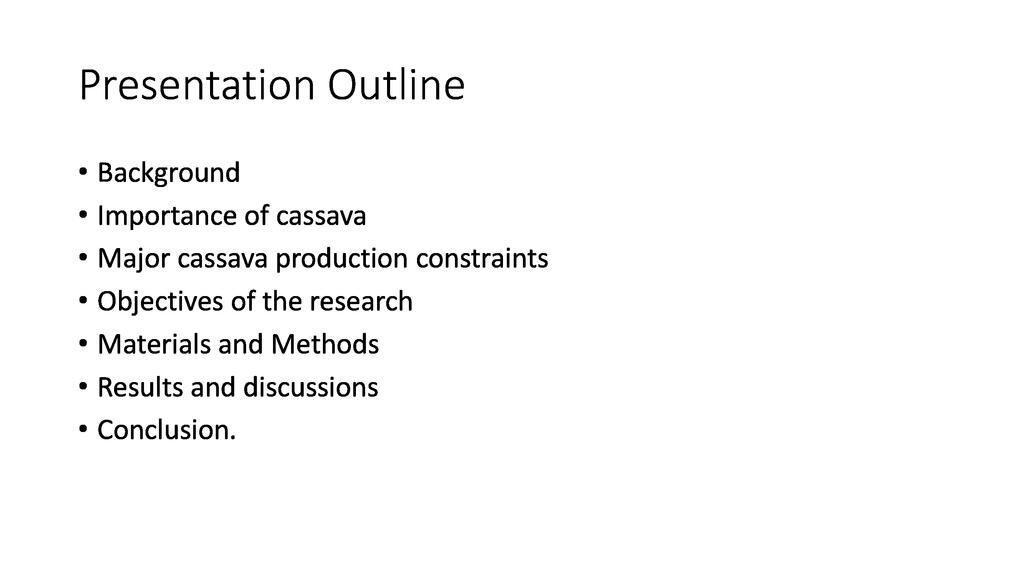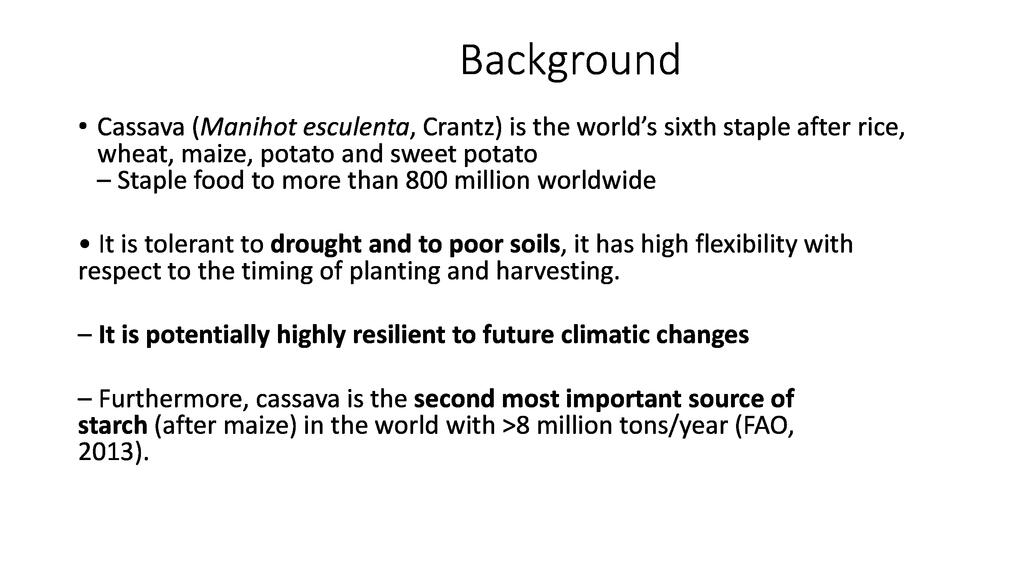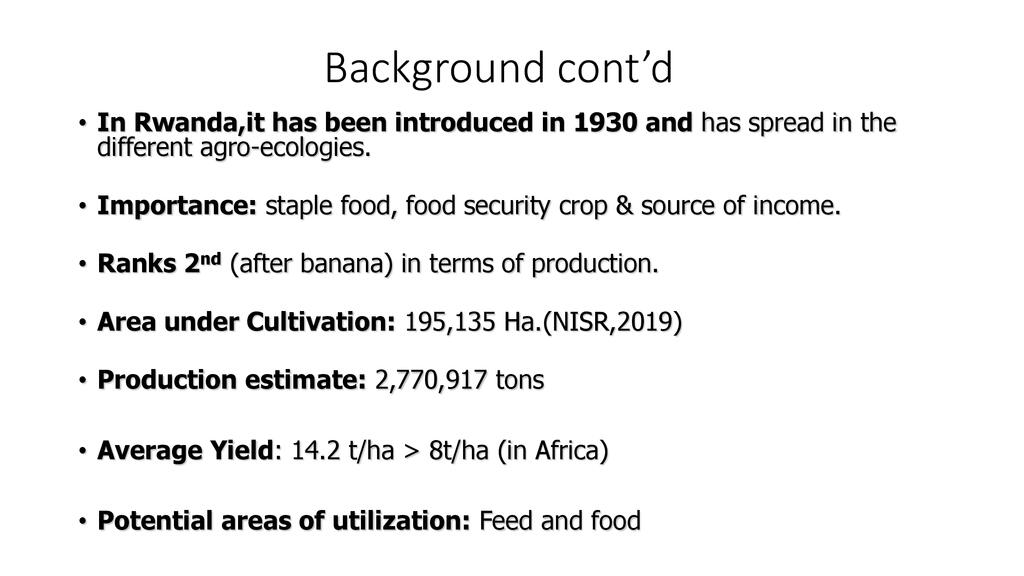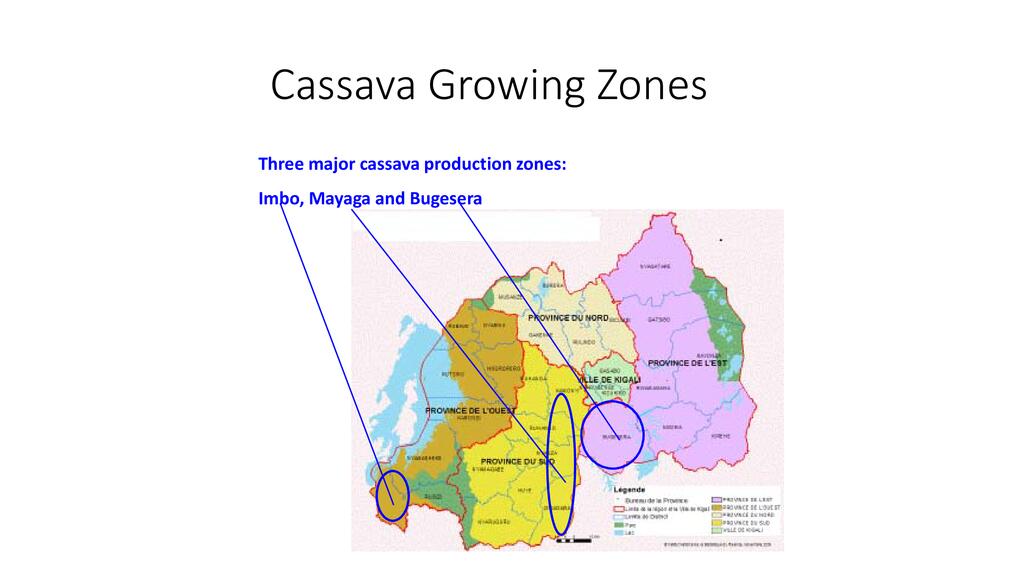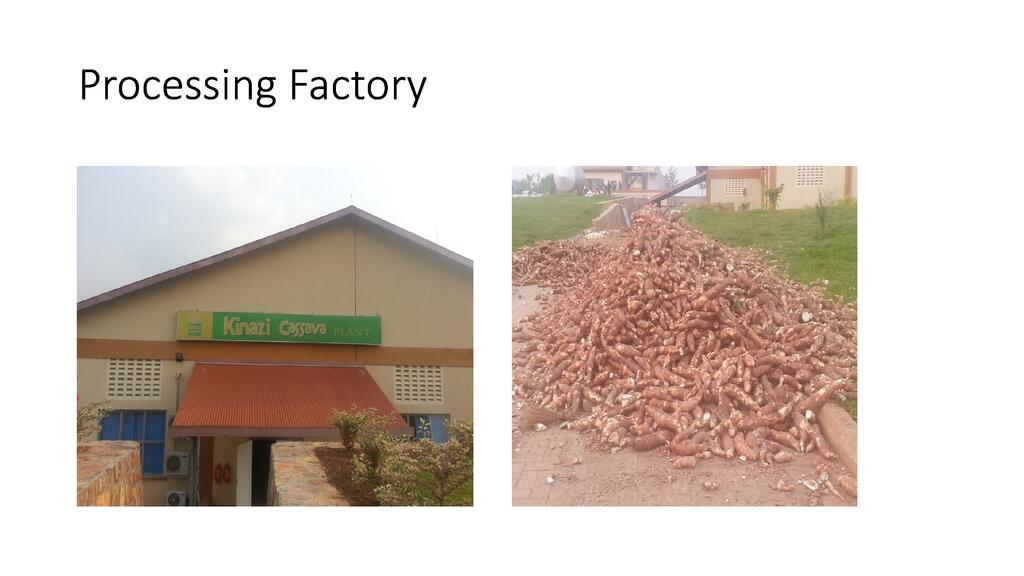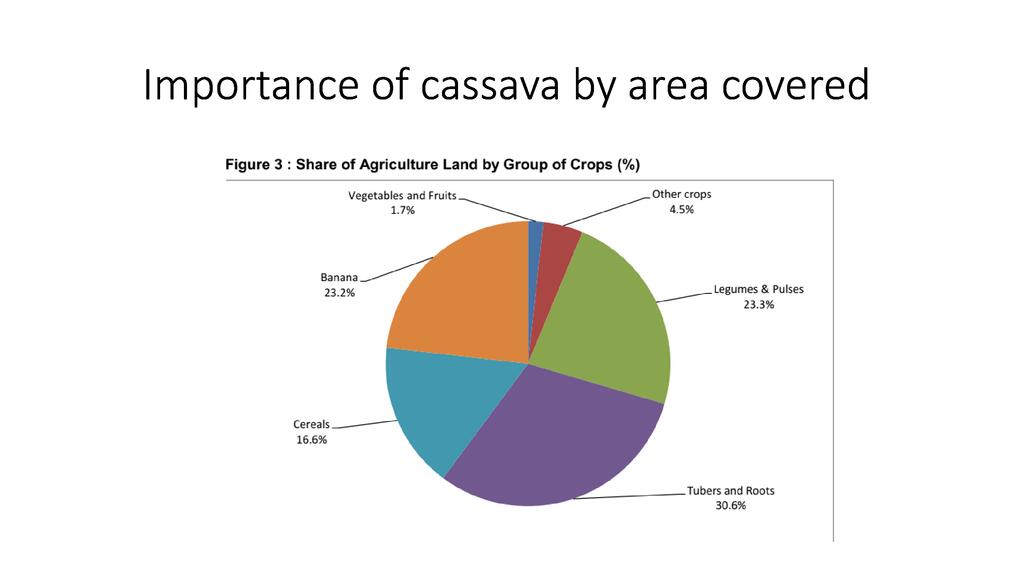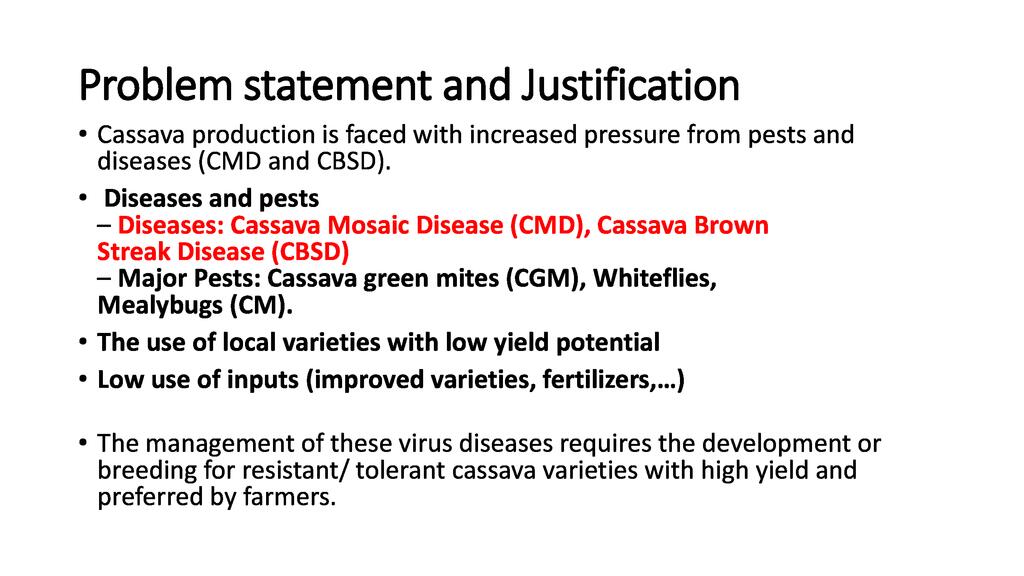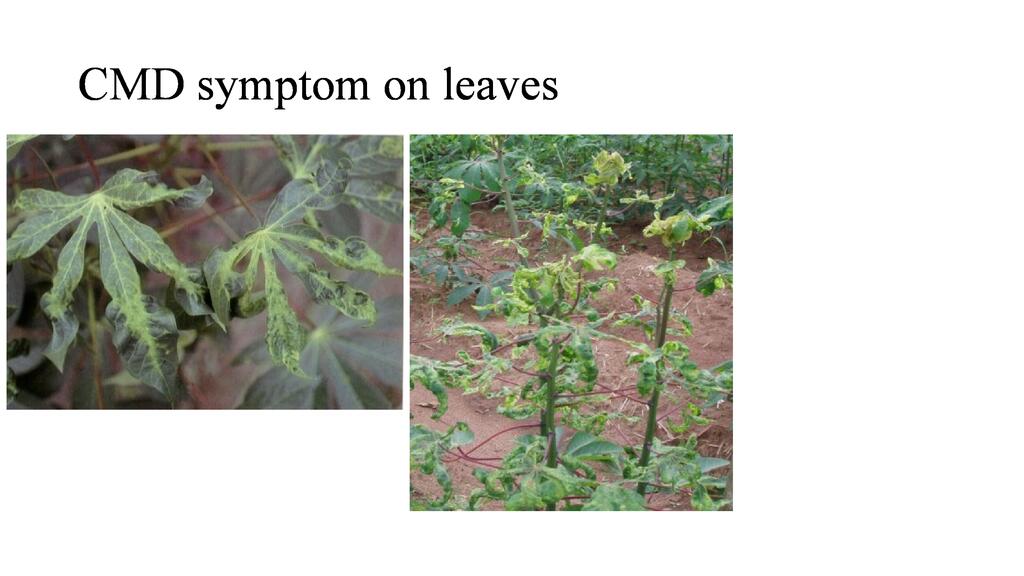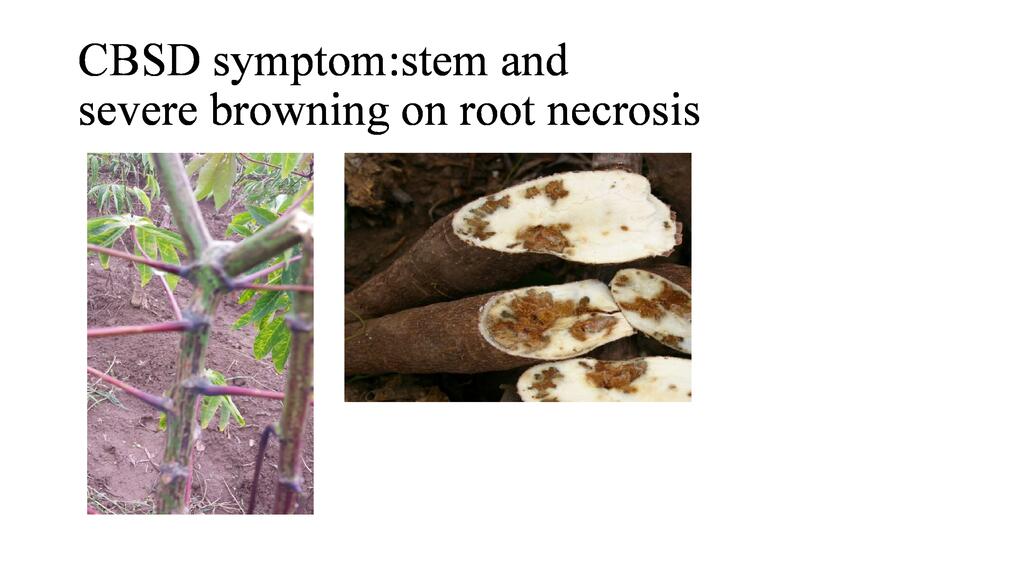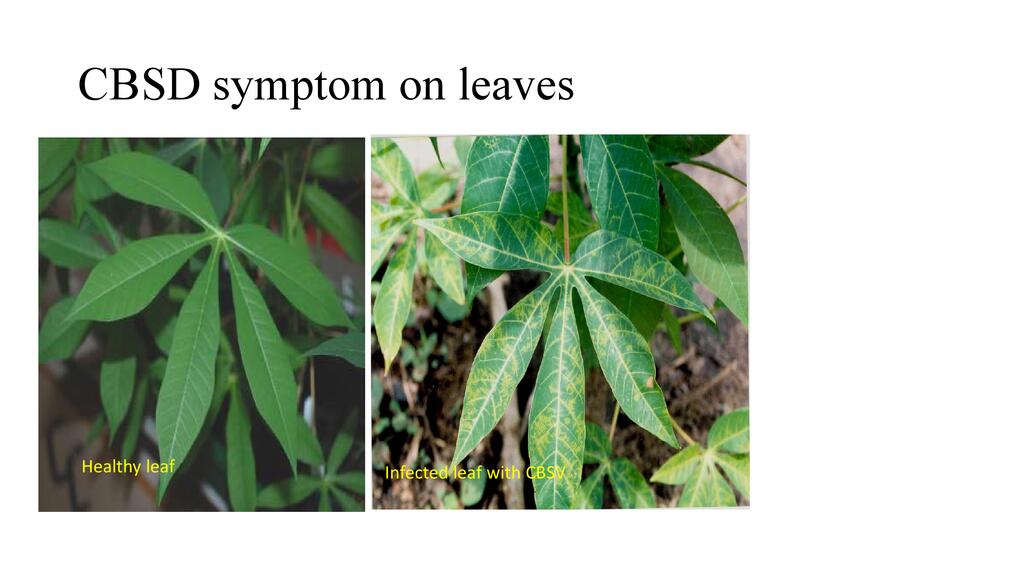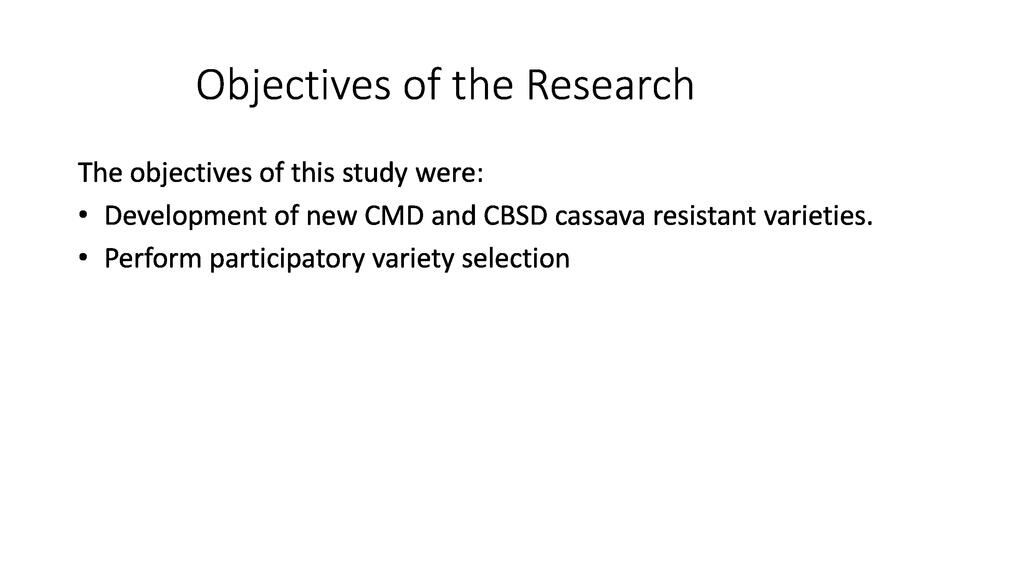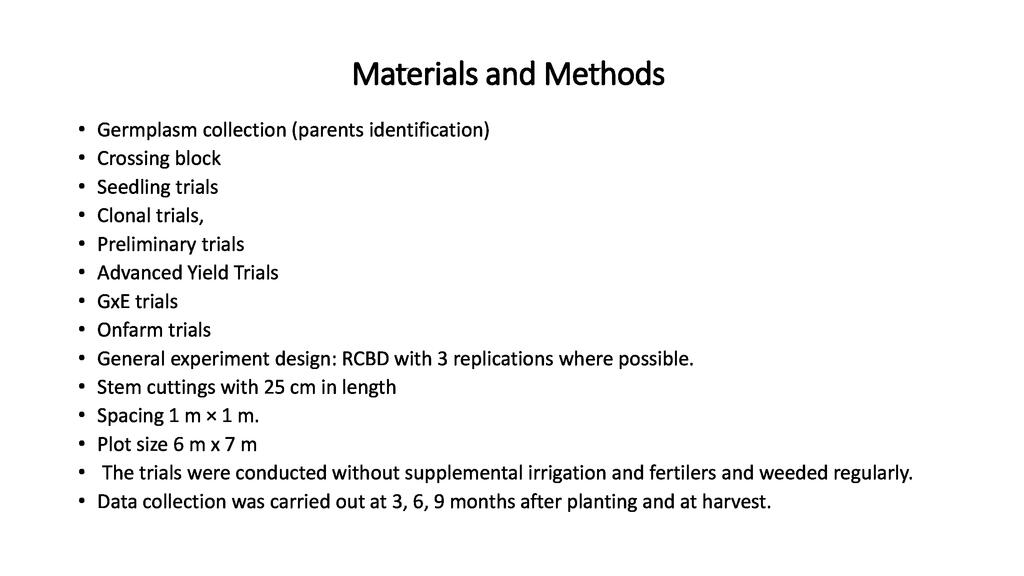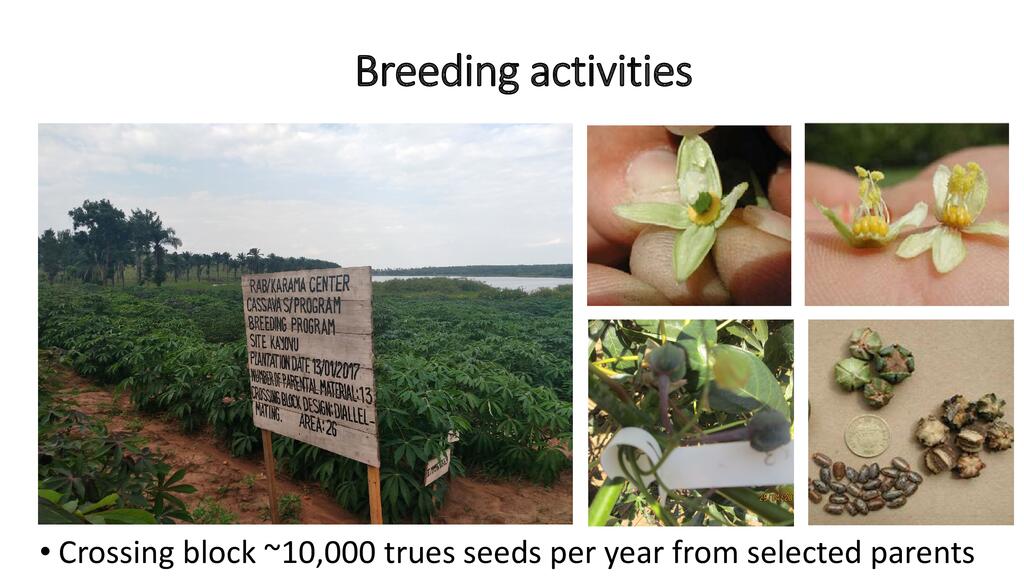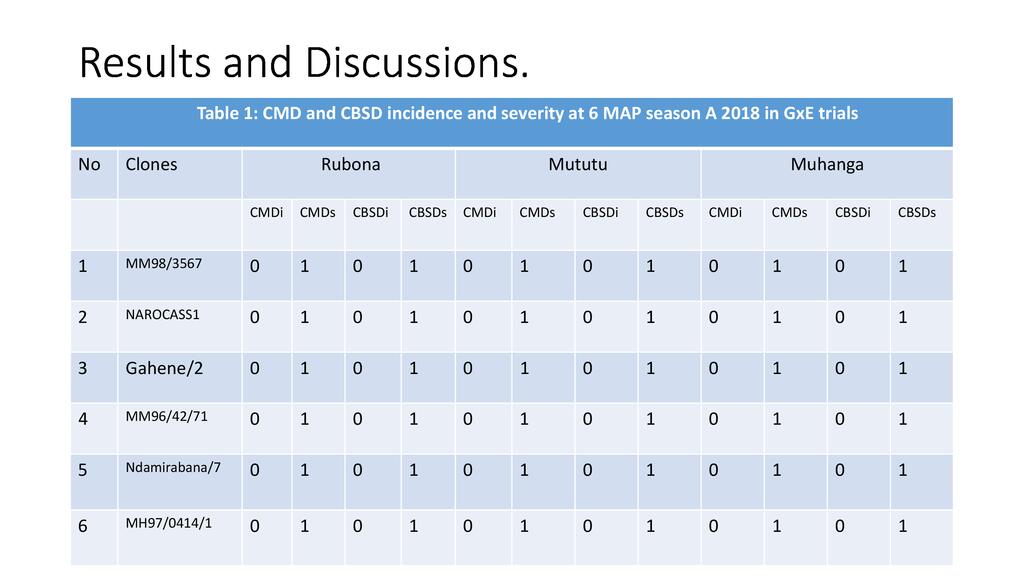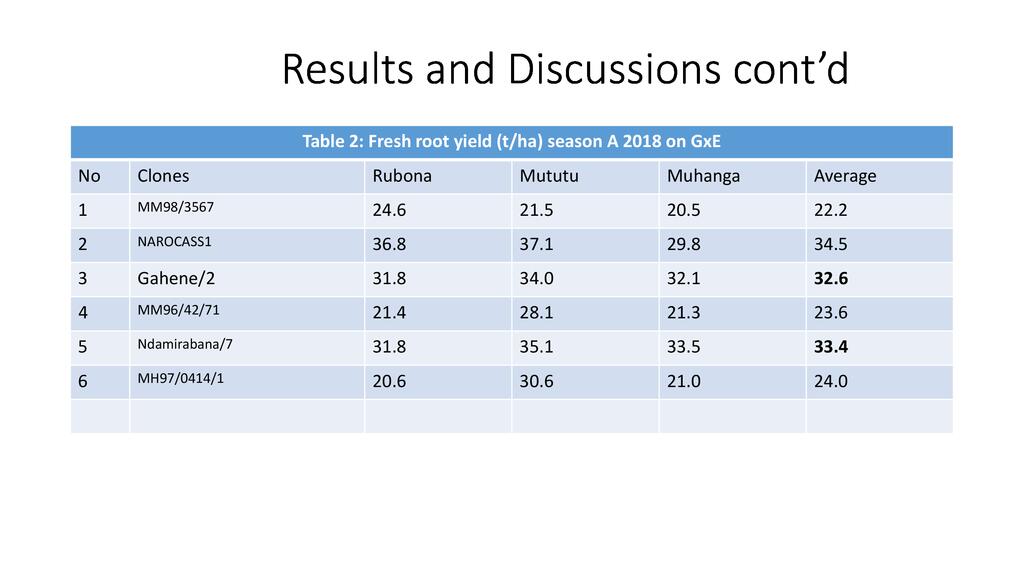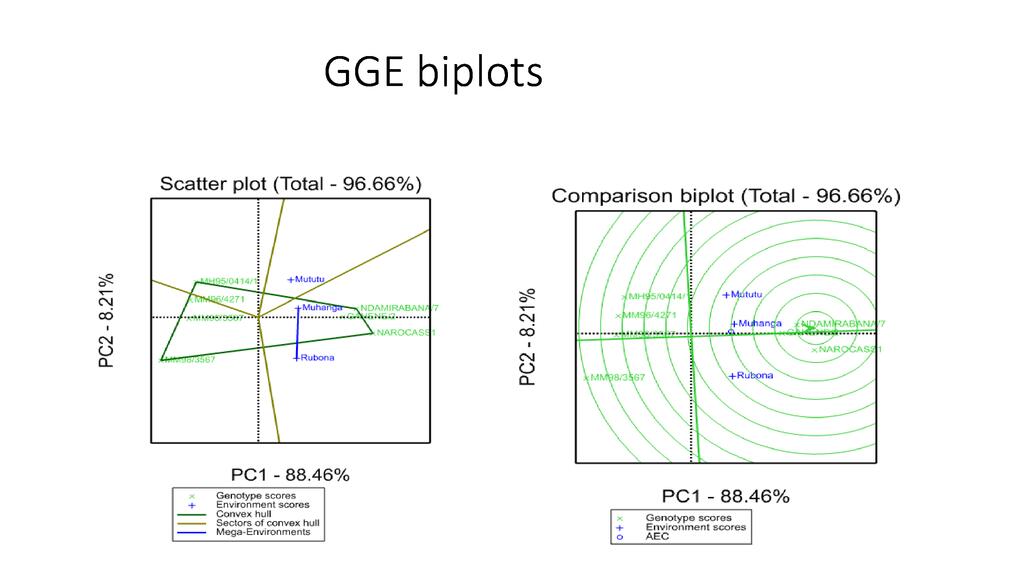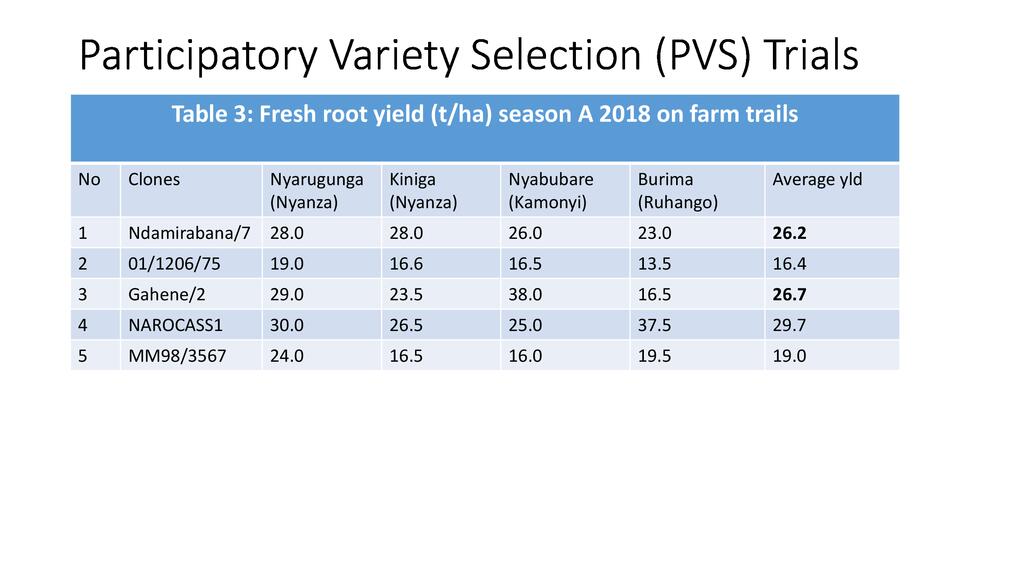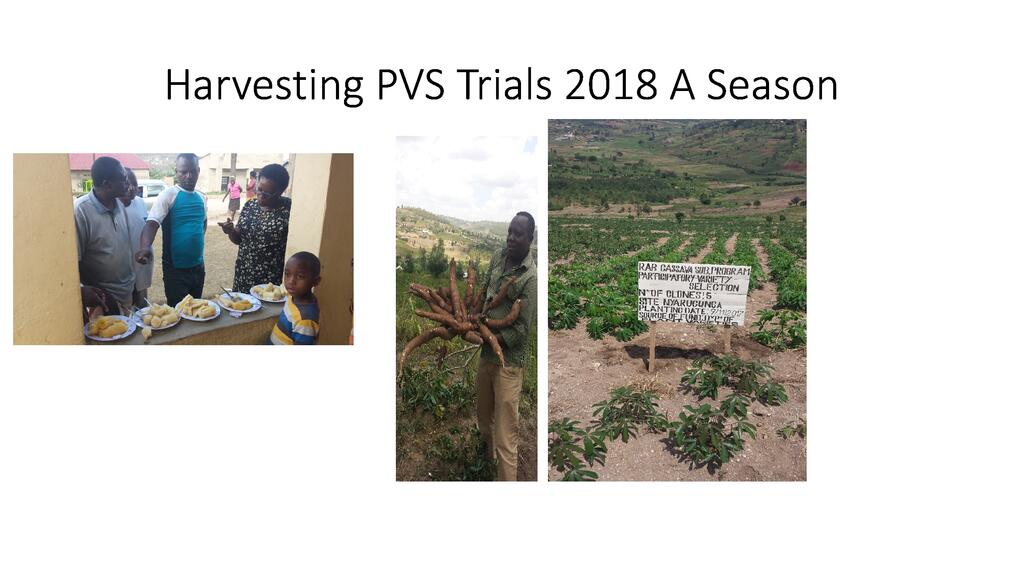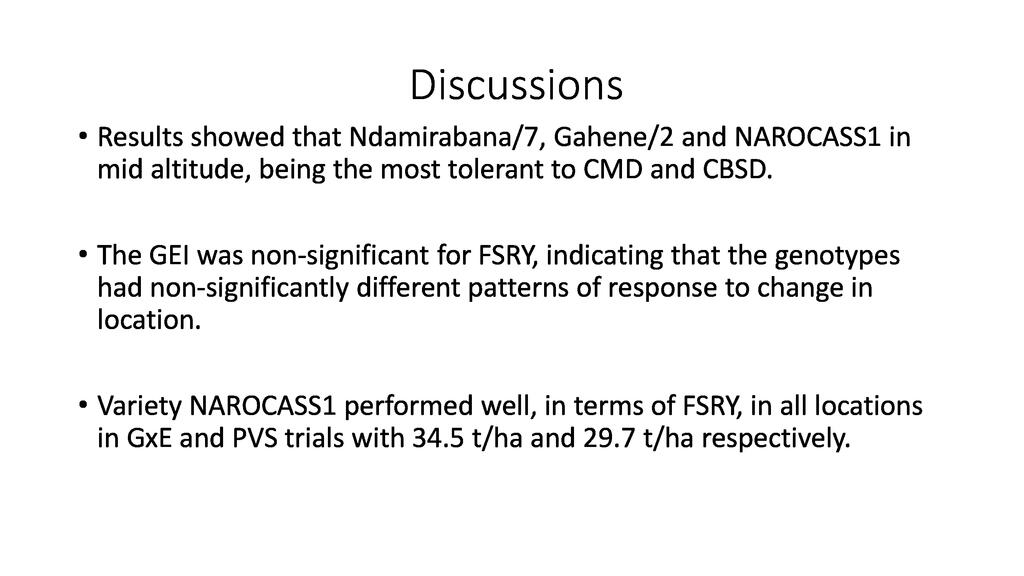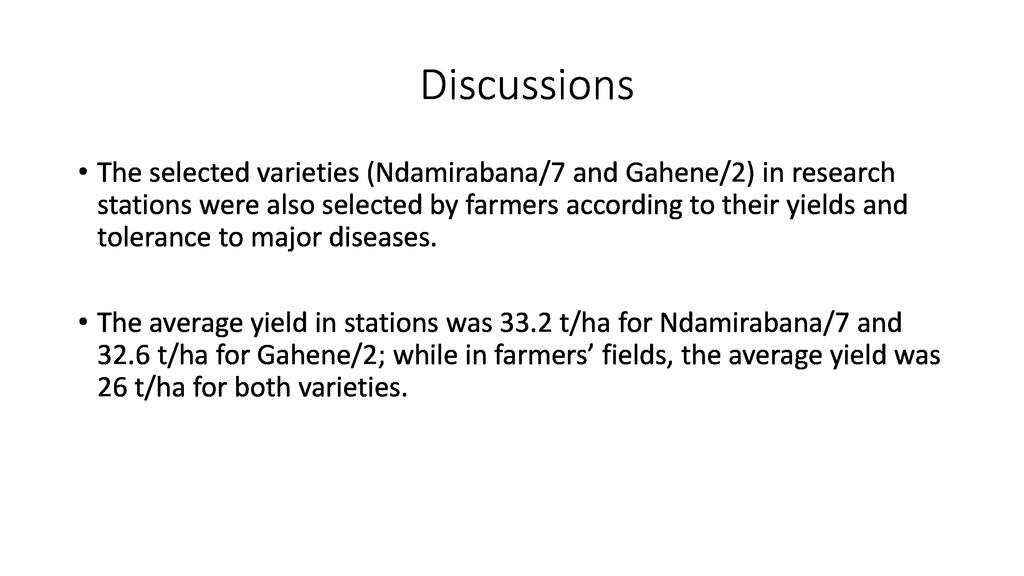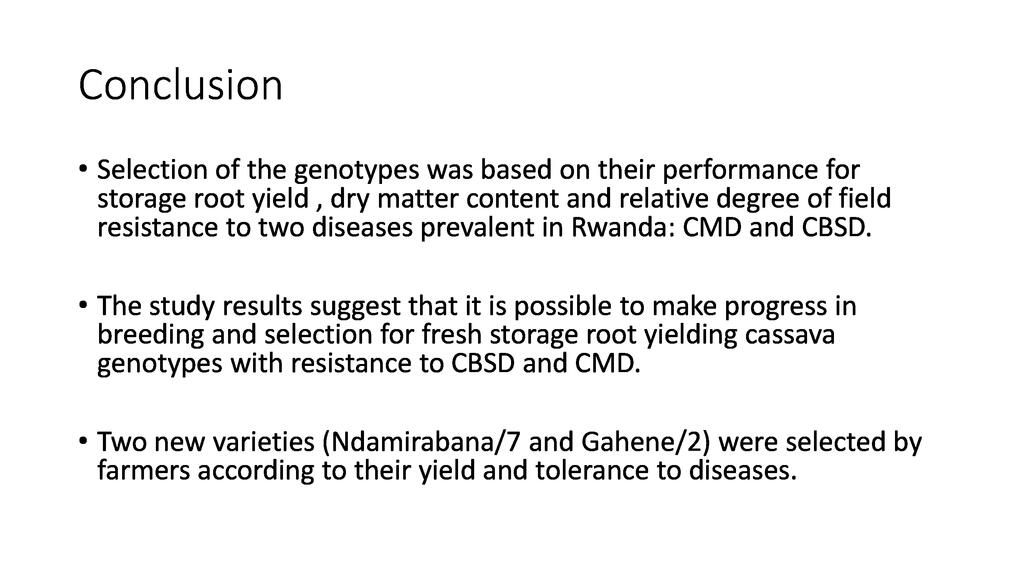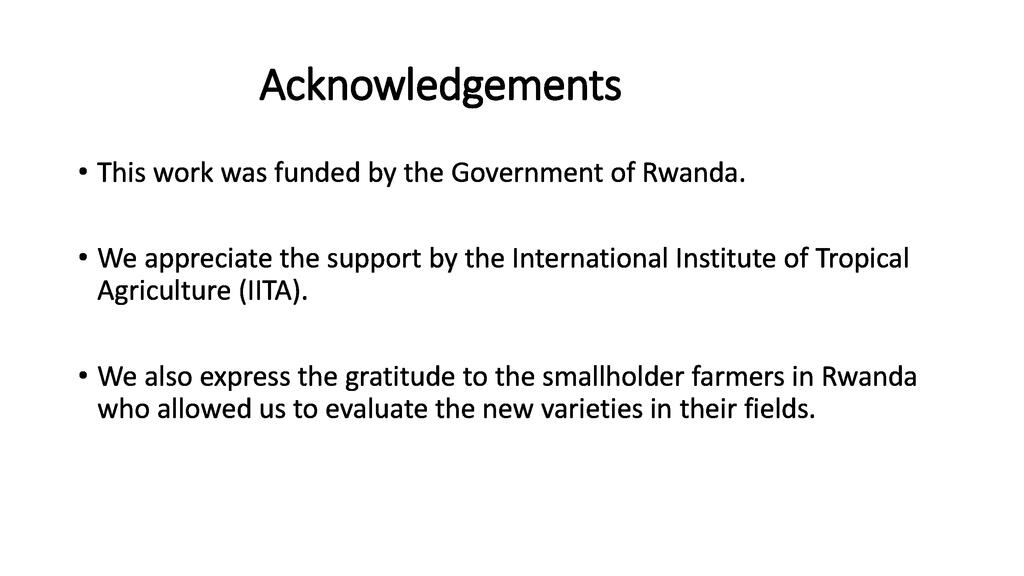Good news for farmers: Development of CBSD and CMD tolerant cassava varieties to alleviate hunger in Southern Province
Presented By: Gervais Gashaka
Event: 2019 East Africa Highlands Symposium (26/11/2019)
Session: Cassava production is faced with increased pressure from pests and diseases (CMD and CBSD). The management of these virus diseases requires the development or breeding for resistant/tolerant cassava varieties with high yield and preferred by farmers. Cassava research program in collaboration with IITA, has introduced and evaluated new cassava clones in order to have tolerant varieties. After on-station and on-farm evaluation, two elites clones/varieties have been selected by farmers: Ndamirabana/7 and Gahene/2. Their selection was based on their performance for storage root yield, dry matter content and tolerance to two major diseases prevalent in Rwanda: CMD and CBSD. These new varieties will be multiplied for large dissemination to cassava growers (farmers).
Gervais Gashaka, is a plant pathologist at Rwanda Agriculture and Animal Resources development Board (RAB) based at Rubona Research Station, Southern Rwanda since 2000. His research is focused at developing new cassava varieties that combine dual resistance/tolerance to cassava mosaic disease (CMD) and cassava brown streak disease (CBSD). He obtained his MSc in plant pathology from the Gembloux University, Belgium in 2005 and his BSc (Agriculture) from the National University of Rwanda (UNR) Rwanda 1998. His research background is cassava improvement especially selecting new varieties that combine resistance/tolerance to major biotic and abiotic constraints along with end-users preferred characteristics. He has been implementing several projects in collaboration with International research institutions especially the International Institute of Tropical Agriculture (IITA), Food and Agriculture Organization (FAO), USAID, Belgian Technical Cooperation( BTC Roots and Tubers) and recently, the Bill and Melinda Gates Foundation (BMGF) through Mikocheni Agricultural Research Institute (MARI) for the Regional cassava diagnostics Project.

